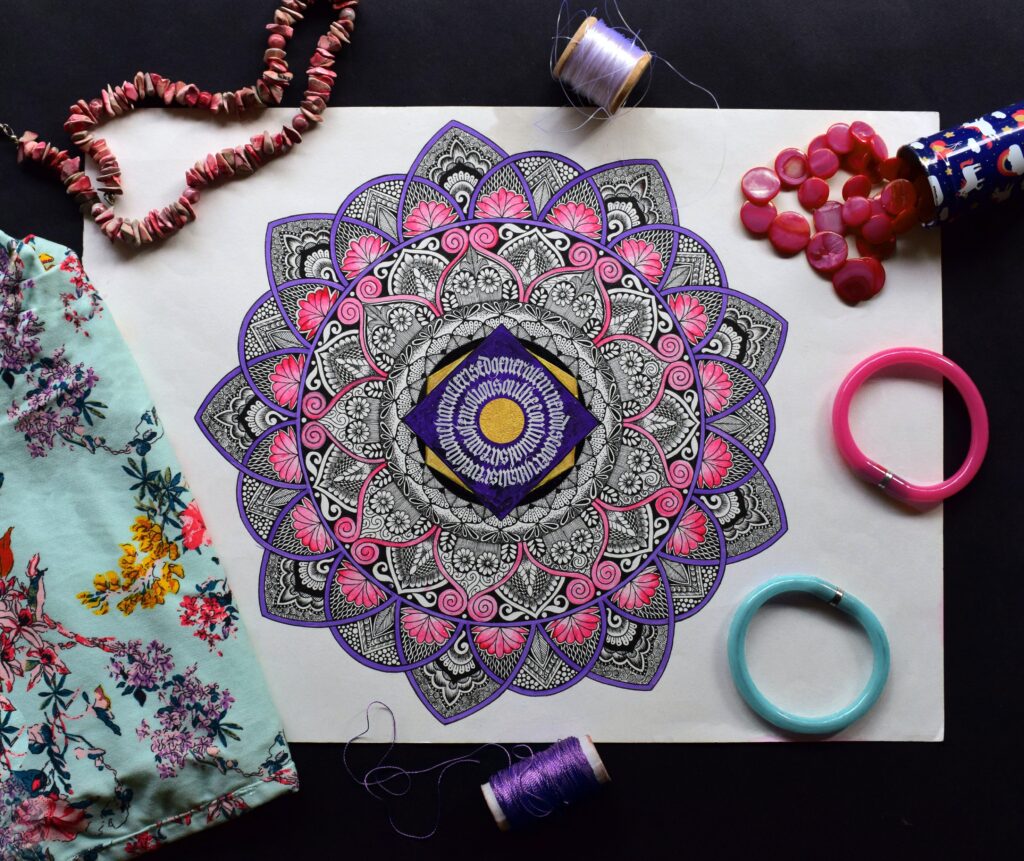Mindfulness, Cooperation, Conflict Resolution: Skills focused on in Canadian SEL Research

Over the last few weeks, I’ve been reading through some of the articles included in the scoping review about how researchers conceptualize social and emotional learning within Canada. This has led to a few articles being put aside for not entirely fitting the inclusion criteria (e.g., not providing information about the intervention itself). At this point, researchers appear to have a diverse and varied focus and definition of social and emotional learning or the skills involved. However, many of the articles have provided insights into promising programs and practices.
Skills
Within the few articles I have explored so far, I have noticed the following skills have been a central focus:
- Cooperation
- Self-regulation
- Coping strategies
- Conflict resolution
- Social awareness
- Relationship building skills
- Connectedness (social awareness)
- Critical Thinking
- Self-perception
Cooperation and conflict resolution have been the most common at this point.
Programs and Strategies
It has also been interesting to see which strategies and programs are being explored. It’s important to note that while the following strategies and programs show promise within the research context, these studies are not exhaustive. The following is what has been discussed so far:
- Mindfulness
- Colouring a mandala before a test to reduce test anxiety and improve performance (Carsley et al., 2015)
- RISE
- Youth leaders leading sessions on bullying and dating violence (Connolly et al., 2015)
- Increased connectedness and coping strategies
- The Fourth R
- Roleplaying conflict resolution strategies from various perspectives (e.g., bystander) (Crooks et al., 2015)
- Lions Quest
- Social skills program to deter adolescent’s alcohol and drug use (Drolet et al., 2013)
- Team Building Through Physical Challenges
- Cooperative physical education activities to foster self-concept (Ebbeck & Gibbons (1998)
Next week, I hope to spend a little time looking at the roles of students, teachers, community members, researchers, etc. within these interventions.
Articles reviewed this week:
Carsley, D., Heath, N. L., & Fajnerova, S. (2015). Effectiveness of a Classroom Mindfulness Coloring Activity for Test Anxiety in Children. Journal of Applied School Psychology, 31(3), 239–255. https://doi.org/10/ggmqkp
Cochrane, L. J., & Saroyan, A. (1997). Finding Evidence To Support Violence Prevention Programs (62614284; ED409359; pp. 1–23). https://search.proquest.com/docview/62614284?accountid=14701
Connolly, J., Josephson, W., Schnoll, J., Simkins-Strong, E., Pepler, D., MacPherson, A., Weiser, J., Moran, M., & Jiang, D. (2015). Evaluation of a Youth-Led Program for Preventing Bullying, Sexual Harassment, and Dating Aggression in Middle Schools. Journal of Early Adolescence, 35(3), 403–434. https://doi.org/10/f65s5d
Coyne-Foresi, M. (2015). Wiz Kidz: Fostering School Connectedness through an In-School Student Mentoring Program. Professional School Counseling, 19(1), 68–79. https://doi.org/10/ggmtgf
Crooks, C. V. Scott, K. L. 2, Broll, R. 3, Zwarych, S., Hughes, R. 4, & Wolfe, D. A. 4, 5. (2015). Does an evidence-based healthy relationships program for 9th graders show similar effects for 7th and 8th graders? Results from 57 schools randomized to intervention. Health Education Research, 30(3), 513–519. https://doi.org/10/f7fgp5
Daniel, M.-F., Lafortune, L., Pallascio, R., Mongeau, P., Slade, C., Splitter, L., & de la Garza, T. (2003b). The development of dialogical critical thinking in children. Inquiry: Critical Thinking Across the Disciplines, 22(4), 43–55. https://doi.org/10/f2vrfw
Drolet, M., Arcand, I., Ducharme, D., & Leblanc, R. (2013). The Sense of School Belonging and Implementation of a Prevention Program: Toward Healthier Interpersonal Relationships Among Early Adolescents. Child & Adolescent Social Work Journal, 30(6), 535–551. https://doi.org/10/ggmvsn
Ebbeck, V., & Gibbons, S. (1998). The effect of a team building program on the self-conceptions of grade 6 and 7 physical education students. JOURNAL OF SPORT & EXERCISE PSYCHOLOGY, 20(3), 300–310.
Any thoughts or feedback? Let me know in the comments below!
If you have any questions or would like more information, please feel free to email me at hwoods@uottawa.ca.
By participating in discussions through the comment section on this website, you consent to your participation in the study.
Please refrain from using any identifiable information (e.g., names, schools, locations). All posts will be screened prior to posting to ensure no identifiable information is being shared.
Please use a pseudonym for your name for all comments.



0 Comments